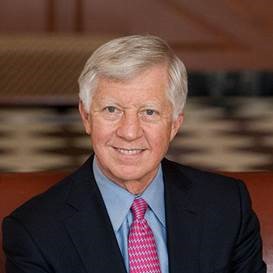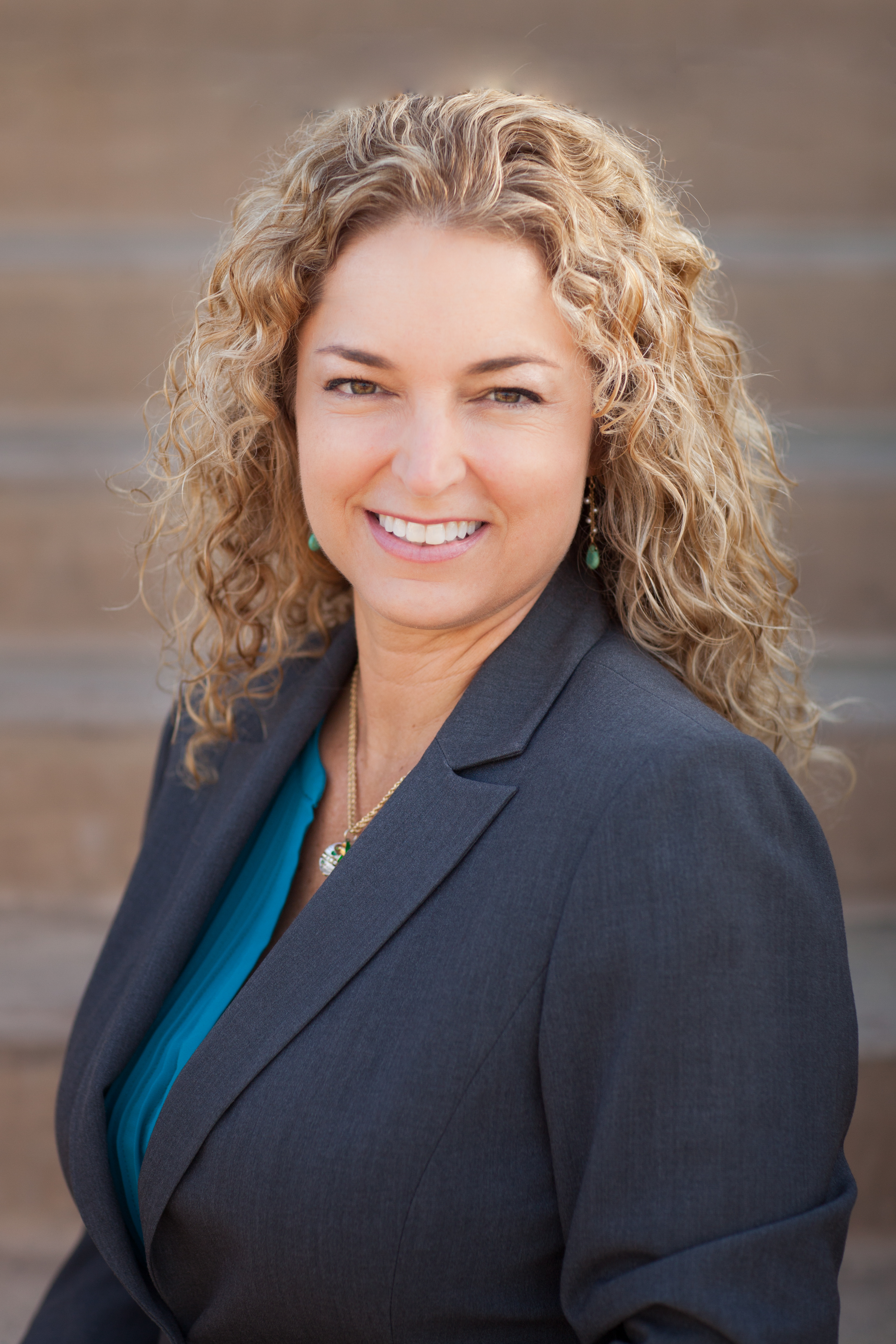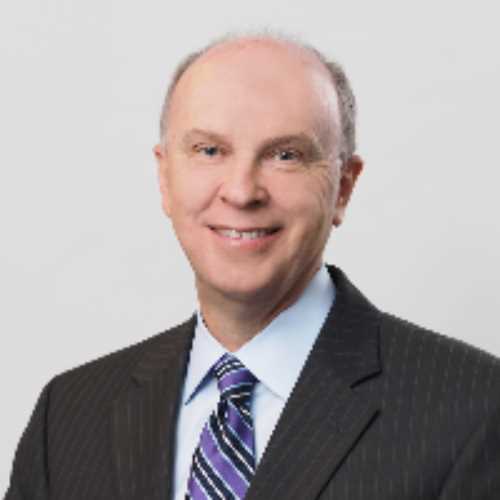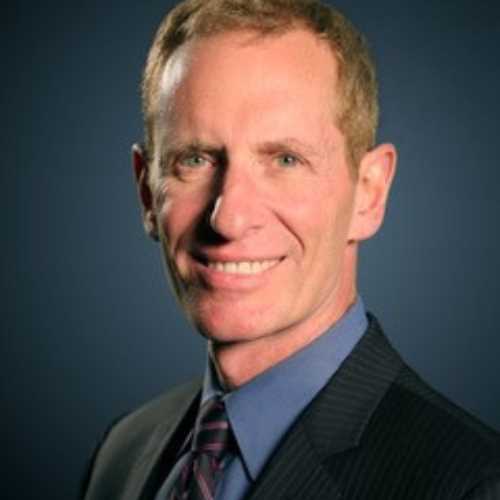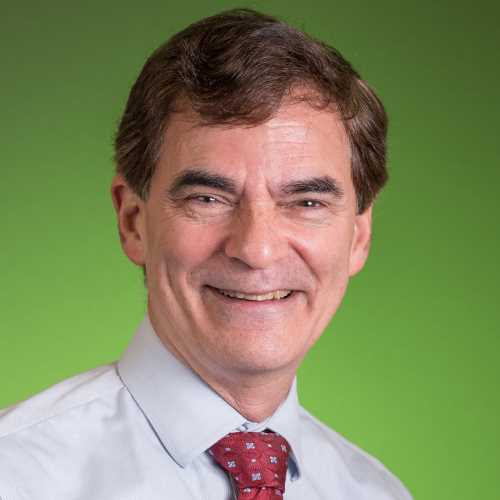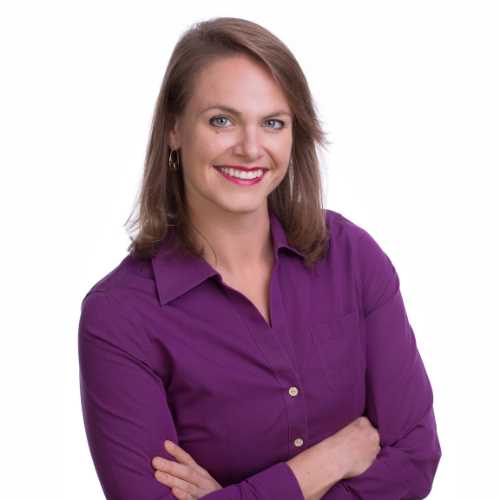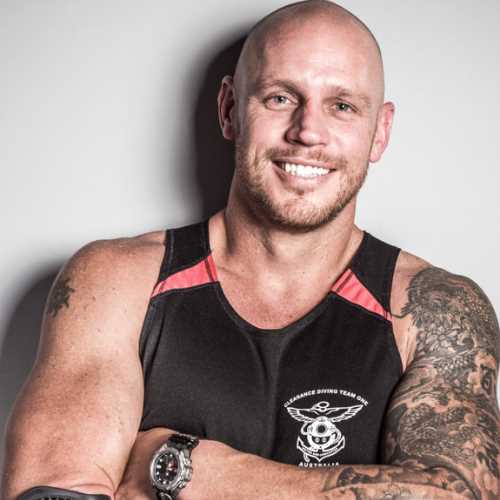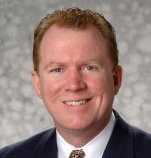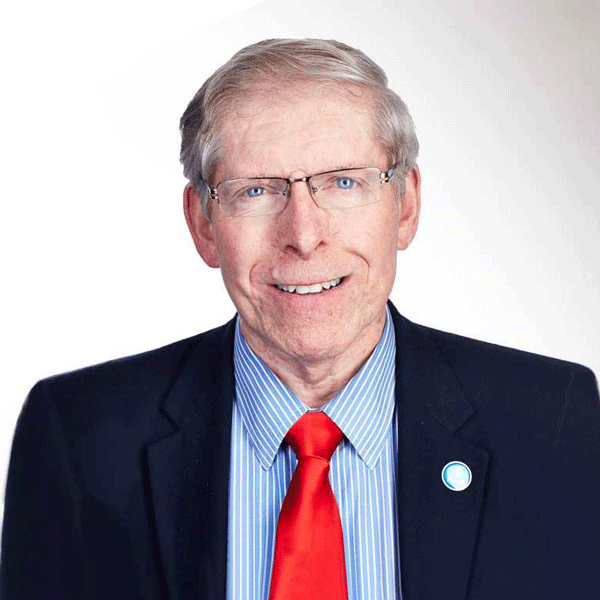
Dave deBronkart
- Top Spokesman for Patient Experience, Engagement, & Safety
- Mayo Clinic’s 2015 Visiting Professor in Internal Medicine
- High-Tech Businessman Who Faced Death and Survived Stage IV Kidney Cancer
Travels From
New Hampshire
Dave deBronkart Speaker Biography
Dave deBronkart, known on the internet as e-Patient Dave, is the author of the highly rated Let Patients Help: A Patient Engagement Handbook and one of the world’s leading advocates for patient engagement. After beating stage IV kidney cancer in 2007 he became a blogger, health policy advisor and international keynote speaker. An accomplished speaker in his professional life before cancer, he is today the best-known spokesman for the patient engagement movement, attending over 500 conferences and policy meetings in eighteen countries, including testifying in Washington for patient access to the medical record under Meaningful Use.
A co-founder and chair emeritus of the Society for Participatory Medicine, e-Patient Dave has appeared in Time, U.S. News, USA Today, Wired, MIT Technology Review, and the HealthLeaders cover story “Patient of the Future.” His writings have been published in the British Medical Journal, the Society for General Internal Medicine Forum, iHealthBeat, and the conference journal of the American Society for Clinical Oncology. In 2009 HealthLeaders named him and his doctor to their annual list of “20 People Who Make Healthcare Better,” and he’s appeared on the cover of Healthcare IT News and the Australian GP magazine Good Practice.
Dave’s TED Talk Let Patients Help went viral, and for years was in the top half of the most viewed TED Talks of all time with over a half million views; volunteers have added subtitles in 26 languages, indicating the global appeal of his message. In 2012 the National Library of Medicine announced that it’s capturing his blog in its History of Medicine Division, and he was the Mayo Clinic’s 2015 Visiting Professor in Internal Medicine
The opioid crisis: integrating behavioral and primary care
Since 2012 I’ve been a patient voice in the Agency for Healthcare Research & Quality (AHRQ)’s project to merge behavioral and mental health into primary care, the Integration Academy. The project has renewed urgency in the era of surging opioid deaths. Beyond opioids, all behavioral and mental health problems dramatically affect the patient’s role in health and care: Who can perform any job well if they have mood problems or worse? In this extremely current time-sensitive talk I will share the perspectives of the academics, clinicians, and financial experts I’ve worked with and specific next steps providers can take.
AI in healthcare: What’s the matter with Watson?
Artificial intelligence is real and expanding, but getting it right isn’t easy. Famously, IBM Watson failed to improve cancer care, spectacularly blowing hundreds of millions in the process. Innovation veteran and IT marketer Dave deBronkart was part of the earliest meeting that found cracks in Watson’s intellectual armor – cracks that turned out five years later to be its “cause of death.” A futurist and avid fan of artificial intelligence, he puts an evidence-based finger on the fatal flaws that made the Jeopardy genius become a chump in oncology and teaches how we should think differently about medicine’s AI-enabled future.
Patient Experience: an engaged business leader’s view
With humor and insight, Dave presents lessons learned from his many patient experiences and from his business career about the value of hearing customer perspectives and tying them to business outcomes in three domains: customer experience, business and social change, and cultural transformation. Dave and his doctor are international thought leaders on partnering with patients, as co-founders of the Society for Participatory Medicine. Scientifically trained, Dave authored of one of 2017's highest-impact articles in Patient Experience Journal.
Beating pre-diabetes with apps and a course at the Y
Type 2 diabetes is a major concern under accountable care and population health – but I’m living proof that change is possible. I got that diagnosis in my 60s and beat it by successfully changing my behavior, aided by e-health apps. I'll share the story of how I changed my diet, walked a lot, then ran a mile (for the first time in my life!), became a 5K runner, and wound up with a cover story in a diabetes journal. As always I tell it with humor amid the insights, and emphasis on the patient’s perspective on a chronic diagnosis.
Us aging Americans: Myth-busting, the truth, and the future ahead
Did you know more than half the humans who’ve ever been 65 are alive today? That’s amazing – but I speak from personal experience when I say 65 ain’t what it used to be! Nor is geriatrics. As one of the first guests on the popular podcast Better Health While Aging, for years I’ve studied the knowledge gaps that separate family care from over-60. With tales of becoming a runner at this age, my wife’s knee replacements, my classmates, and eye-popping statistics (NOT the usual), I’ll share why I’m optimistic about my future and ours, and how healthcare providers can re-optimize for better care with better methods.
Patient progress around the world
From New Zealand and Australia to Switzerland, Stockholm, and Dubai, I’ve had the privilege of learning from audiences and sponsors in hundreds of events in 18 countries. OpenNotes, patient rights, transparency and cultural trends all vary widely, from the best (New Zealand’s avid adoption of e-health) to countries that openly advertise “Don’t google it – trust a professional!” What can we learn from the different stages of this rolling wave of social change?
Palliative Care: Let patients tell us what care really means.
Diagnosed suddenly with Stage IV cancer, I looked death in the eye and had no idea if I’d survive; I needed all the help I could get to endure my treatments and maintain my spirit. At a recent conference on palliative care my keynote earned a standing ovation – not a common occurrence, the sponsors said. In the era of patient experience scores, new ways of listening to patients and families can open profound new doors to better care, better outcomes, lower costs, and higher satisfaction. I’ll share my personal perspectives, both spiritual and scientific, and the challenges of changing the culture for families as well as providers, to make the most of what’s possible when care is the ultimate goal, separate from a cure.
The Quantified Self: How data patients collect is changing what’s possible
Diagnosed as pre-diabetic, I used apps and wristbands to lose 40 pounds and become an active adult for the first time in my life. My wife lost 20 pounds too, and a year into it I even became a runner. Continuous feedback empowers behavior change, and that matters: there’s hope for improvement in the Medicare years! I’ll share the context – the role home health data has always played, from thermometers to bathroom scales to blood pressure monitors and home glucose tests – and the progression to apps and step counters, and on to the leading edge: the smartphone ECG and the open source, home-made “artificial pancreas,” which is giving dozens of patients unprecedented glucose control. It is amazing.
Population health: the role of empowerment and engagement
The shift to accountable care means providers have more reason than ever to help patients succeed between visits – but how to do it?? As a co-founder of a medical society devoted to the patient-clinician partnership, I share personal experience and evidence how medicine is starting to understand what empowerment and engagement mean in practical clinical terms. Using validated models from empowerment movements outside healthcare, I’ll explain how it really works (how it feels!), and how data, training, and access to coaching can transform what your patients achieve.


